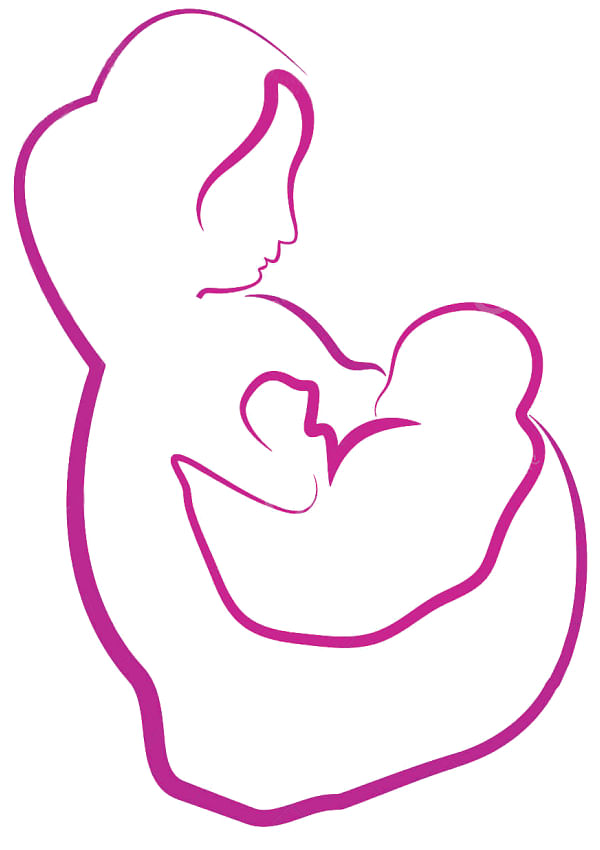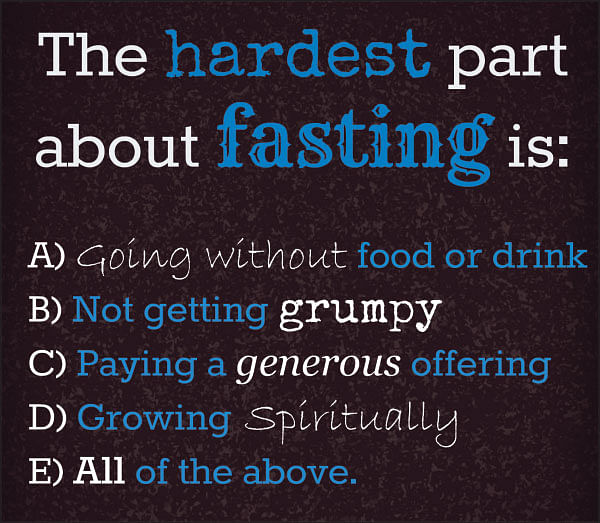Breastfeeding during Ramadan
Breastfeeding during Ramadan

Do women who are nursing have to fast?
There is a school of thought among jurists that says that it is not mandatory for women who are breastfeeding to fast; if you fear that your child's health or your own health may be affected by fasting then you need not fast.
What do other women from different religions do?
Many women around the world from various religions -- Muslims, Jews, Christians and Hindus -- choose to fast as fasting has not shown significant decrease in milk production if the hours are short, for e.g. between 5am and 7pm. However fasting can be tough on a woman if the hours are longer, like for example in some parts of the world where the sun sets at 9pm.
An important factor to consider when you are thinking of fasting is the age of your baby. If your baby is still very young (less than six months) and is completely dependent on breast milk, then you should not fast. If your baby is more than a year old, already on complementary foods and drinks breast milk only a few times a day, or only during bedtime, then you may be able to fast with little or no discomfort.
Can fasting harm my baby?
Your body adapts to the changes in your diet by more efficiently using your calories and maintaining breast milk production. Research on breastfeeding mothers who had fasted shows that though there were very little changes in the amount of breast milk produced, it did change a little in composition. However, these changes only appeared for women who had fasted for more than 24 hours. This is why it is a must for mothers who are breastfeeding to have sehri.
Though the macronutrients in milk remained unchanged, micronutrients like zinc, magnesium and potassium were slightly less in the breast milk of mothers who had fasted for long periods.
The fat content of breast milk will remain unchanged during fasting. This is because your body will use your own fat deposits if you are not eating enough.
Your baby's weight and growth rate will most likely remain unchanged if you are breastfeeding during Ramadan. However, it is important to keep your eyes open to spot any signs of ill health in your baby. Signs your baby's nutrition may be inadequate include: constant crying, fewer wet nappies, greenish stool, weight loss of the baby.

Can fasting harm me while I am breast-feeding?
If the fasts are longer and if Ramadan is in summer then it becomes difficult for women to fast because although milk production will not decrease, the mother may feel quite drained by the end of the day. Research also shows that mothers, who are exclusively breastfeeding, can develop dehydration.
You can fast during Ramadan if you wish, but make sure you are feeling well enough to fast and your baby is getting enough nutrition. You may lose up to 1kg per week if you are fasting and breastfeeding but this will not affect your milk production. If you are losing more weight than this or are seeing signs of dehydration, then you may have to stop fasting.
Signs of dehydration include: feeling very thirsty, passing very dark coloured or foul smelling urine, feeling faint or dizzy or sleepy even though you have slept, and feeling a headache.
If you see these symptoms you should break your fast with water or some saline. You can also have drinks like Gatorade or sweet fruit juice with a pinch of salt.
What to do during Ramadan?
Speak to those around you, friends and family and ask them about how they fasted. You can also ask other mums at the Maya Community (www.maya.com.bd/en/voice).
Take multivitamins and multi-mineral supplements. You can take Vitamin D supplements with sehri.
Avoid stress.
Take help when it is offered.
Keep a diary where you should note down what you have eaten and drunk throughout the day to make sure you are getting adequate nutrition.
Plan your day well so that you can rest.
Do not carry heavy objects or walk long distances; stay at a cool place so that you do not become dehydrated.
Break your fast with healthy food. Make sure you get adequate protein for your baby's health. You need to eat carbohydrates that slowly release energy like whole grains, red flour, low GI rice, dates and other dried fruit. Have vegetables and fruits.
Drink at least two litres of water when you are not fasting.
Do not miss sehri at any cost.
You can consider having a late night dinner as well before bedtime. But even then you cannot miss sehri.
What can you do if you are not fasting in Ramadan?
If you are breastfeeding and you choose to not fast in Ramadan, you are expected to compensate by feeding a poor person for the number of days you have not fasted.
By Dr. Naomi Mirza, Medical Specialist at maya.com.bd